The moon has long been revered for its cyclical beauty, influencing tides and human behavior alike. Yet, its profound impact extends far beyond the physical world, delving into the depths of our psyches and daily lives. For centuries, people have observed how the moon’s phases seem to mirror the ebb and flow of emotions, guiding decisions, and even predicting future outcomes. But did you ever stop to wonder how the moon cycle plays a role in your own self-understanding and intuition? This celestial phenomenon might hold the key to unlocking greater clarity, balance, and harmony in your life.
Key Takeaways
– Understand the psychological impact of each moon phase, from creativity and motivation during the New Moon to introspection during the Waning Crescent.
– Align your actions with the moon’s phases to enhance productivity, emotional balance, and intuition.
– Recognize the moon’s role in symbolizing transformation, renewal, and cycles of life, offering insights into human experiences.
– Explore the connection between intuition and emotion, as the moon’s phases encourage manifestation and reflection.
– Consider the moon’s influence on mental health, despite limited scientific evidence, and integrate lunar awareness into emotional well-being practices.
– Discover the deeper meanings of the moon’s phases and their impact on your life through resources like Blood Moon Prophecy.
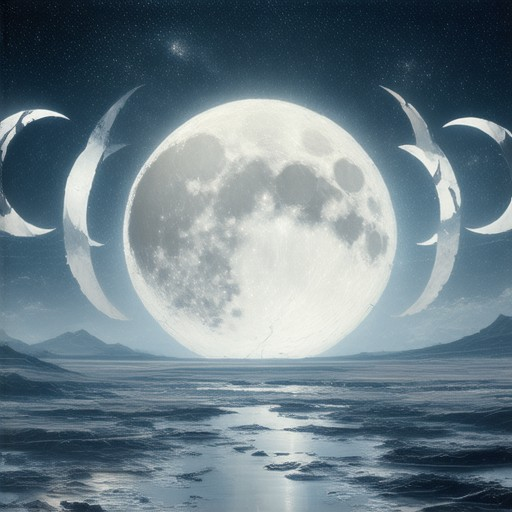
Understanding the Moon Phase for Intuition
The moon phase plays a significant role in influencing intuition, guiding individuals through introspection, emotional release, and decision-making processes. Each phase of the moon corresponds to unique energetic shifts, affecting how intuition manifests.
New Moon Phase
During the New Moon , the veil between the conscious and subconscious mind thins, facilitating deep introspection and heightened intuition. This phase is ideal for setting intentions and tuning into inner wisdom, as the energy is conducive to self-reflection and planning for future growth.
Full Moon Phase
The Full Moon is often associated with heightened emotions and intuition. While intuition may be more emotionally charged, it can surface in vivid insights and clarity. This phase encourages manifestation and release, allowing intuition to guide actions toward fulfilling desires.
First Quarter Moon Phase
The First Quarter Moon marks a time of initiative and action. Intuition during this phase is sharp and directive, guiding individuals in decision-making and creative endeavors. It’s a period for taking charge and embracing opportunities for growth.
Third Quarter Moon Phase
The Third Quarter Moon is a time of trust and surrender. Intuition here often manifests as a sense of guidance and spiritual connection. It encourages individuals to let go of control and align with the universe’s flow, fostering spiritual growth and inner peace.
Last Quarter Moon Phase
The Last Quarter Moon brings clarity and reveals hidden truths. Intuition during this phase is insightful, helping individuals understand underlying patterns and gain perspective. It’s a time for seeking answers and making informed decisions based on inner wisdom.
By understanding these moon phases and their influence on intuition, individuals can better harness their inner guidance and navigate life’s challenges with confidence and clarity.
Aligning Yourself with the Moon
To align yourself with the moon, consider the following modern approaches:
- Understanding Lunar Phases: The moon’s phases influence energy levels and emotional states. Aligning with a full moon, known as a blood moon, is often associated with release and letting go, while a new moon signifies new beginnings and fresh starts.
- Setting Intentions: During a new moon, many people set intentions for the coming month. Write down your goals and place them under a tree or near a moonlit area to symbolize your commitment.
- Rituals and Ceremonies: Perform rituals during specific moon phases. For example, during the full moon, you might perform a ritual to release negative energies, while during the new moon, you could welcome new opportunities.
- Daily Practices: Spend time observing the moon and reflect on its cycles. This practice can help you synchronize your own rhythm with the lunar energy.
- Connecting with Nature: Go outside during a full moon to feel its energy. This can boost your intuition and emotional balance.
Leverage the power of the moon’s energy wisely, and let its cycles guide your personal growth and aspirations. Remember, alignment is a continuous process that requires patience and dedication.
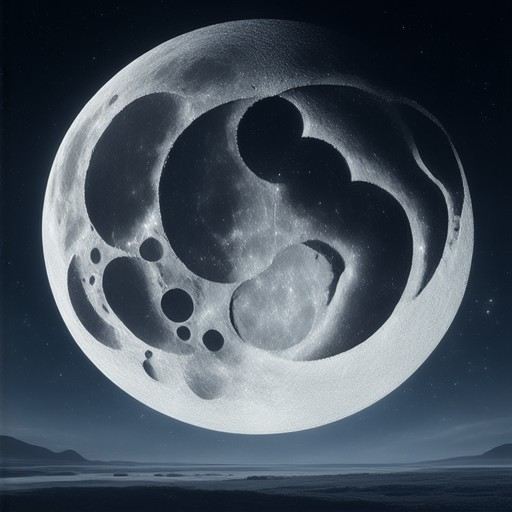
Moon Phases for Divination
The moon’s phases play a significant role in various forms of divination, offering unique energies and insights depending on its current phase. Here’s an overview of how different moon phases are utilized in divination practices:
1. Full Moon
The full moon is often considered a powerful time for divination, rituals, and manifestation. During this phase, the moon’s light is strongest, symbolizing completion, fulfillment, and abundance. It is believed to amplify intentions, making it ideal for spells related to goals, relationships, and personal growth. The full moon is also associated with emotional release, healing, and spiritual connection.
2. New Moon
The new moon marks the beginning of a new cycle, representing fresh starts, renewal, and hidden potential. This phase is often used for setting intentions, performing rituals aimed at growth, and seeking guidance from the divine. The energy during the new moon is introspective, making it a favorable time for reflection and goal-setting.
3. Waxing Gibbous
The waxing gibbous moon is the third phase, characterized by the moon’s gradual increase in light. This phase is associated with increasing potential, creativity, and opportunities. It is considered beneficial for actions taken to bring forth positive change, as well as for seeking wisdom and guidance in matters related to learning and knowledge.
4. Waning Crescent
As the moon begins to wane, its light diminishes, signaling a time of letting go and releasing old patterns. This phase is often used for divination focused on endings, transitions, and letting go of what no longer serves. It is also associated with intuition and understanding the underlying currents in relationships and situations.
Importance of Moon Phases in Divination
Understanding the moon’s phases can greatly enhance your divination practices, allowing you to align your rituals with the natural cycles of the universe. Whether working with a full moon, new moon, or waning crescent, each phase offers unique energies that can guide you toward deeper insight and meaningful outcomes.
Learn more about lunar phases and their spiritual significance.
Explore divination techniques aligned with moon phases.

The Moon Cycle in Psychology
The moon’s phases have long been associated with various psychological effects, influencing human behavior, emotions, and mental states. Understanding the moon cycle can provide insight into how natural rhythms might affect our daily lives and emotional well-being.
Key Phases of the Moon and Their Psychological Impact
- New Moon: Marks a fresh start, often associated with new beginnings and setting intentions. This phase may boost creativity and motivation, encouraging individuals to take initiative and embrace change.
- Waxing Crescent: During this phase, emotions tend to rise, and intuition sharpens. People may feel more sensitive, making it important to channel this energy constructively through reflection or artistic endeavors.
- First Quarter Moon: Known for its energetic vibe, this phase can increase physical activity and social interactions. It’s a great time for teamwork and taking action toward goals.
- Full Moon: Often linked to heightened emotions and emotional releases. This phase may lead to increased sensitivity, leading to deeper self-reflection and connection with others.
- Third Quarter Moon: A quieter phase, ideal for introspection and winding down. It can foster patience and wisdom, helping individuals process recent events and experiences.
- Waning Crescent: As the moon wanes, emotions stabilize, and relationships may benefit from healing and closure. This phase encourages letting go of old patterns and fostering harmony.
Understanding Lunar Cycles in Modern Psychology
Modern psychological studies suggest that lunar phases may influence cognitive and emotional functions. Research indicates that the moon’s gravitational pull could impact sleep patterns, mood swings, and decision-making processes. However, the extent of these effects varies among individuals, as personal traits and external factors also play significant roles.
Practical Applications
Understanding the moon cycle can be beneficial for personal development and emotional balance. By aligning actions with the moon’s phases, individuals can better manage stress, enhance creativity, and foster meaningful connections. For instance, planning tasks during the First Quarter Moon or dedicating time to self-care during the Waning Crescent can help optimize productivity and well-being.
Exploring the moon’s influence on human behavior is a fascinating area of study. While cultural beliefs often attribute significant power to lunar events, scientific evidence suggests that these associations may reflect underlying psychological patterns rather than literal causation. Nonetheless, recognizing these connections can offer valuable insights into human nature and the natural world around us.
For further exploration, visit Blood Moon Prophecy to discover more about the symbolic meanings behind lunar events and their impact on personal and collective consciousness.
What Does the Moon Cycle Symbolize?
The moon’s cycle is a rich symbol of natural rhythms, emotional tides, and transformative processes. Its phases reflect the ebb and flow of life, offering profound insights into human experiences.
Transformation and Renewal
The moon’s journey from new to full and back again mirrors the process of personal growth and renewal. Each phase represents a stage of life, guiding individuals through change and evolution.
Intuition and Emotion
The moon’s Waxing and Waning phases are often associated with heightened intuition and emotional expression. As it waxes, it encourages manifestation and creativity, while as it wanes, it prompts reflection and letting go.
Cycles of Life
The moon’s cycle reflects the natural cycles of life, from birth to death, emphasizing the continuity of existence. It reminds us of the cyclical nature of all things, including the seasons and the tides.
Mystery and Connection
The moon’s enigmatic presence has long been linked to spirituality and mysticism. It serves as a reminder of humanity’s connection to the cosmos and the unseen forces that shape our world.
Explore the deeper meanings of the moon’s phases and their impact on your life at Blood Moon Prophecy , where astrology and spirituality intersect.

What is the Moon Theory of Mental Health?
The moon theory of mental health suggests that the phases of the moon may have a subtle influence on human behavior and emotional states. This idea has been explored in various contexts, ranging from scientific research to cultural beliefs. While the concept remains intriguing, the scientific consensus generally dismisses a direct causal relationship between the moon’s phases and mental health conditions.
Scientific Perspective
Scientific studies have examined whether the moon’s gravitational pull or its light cycle affects human behavior. Early theories proposed that the moon’s influence might explain phenomena like lunacy, hence the term. However, modern research has largely refuted these claims. A 1985 analysis of lunar-lunacy research concluded that there was no significant connection between lunar cycles and mental health incidents such as crime rates or suicide cases. Similarly, studies on sleep patterns, which are influenced by light exposure, have shown no consistent link to mental health issues like depression or anxiety.
Cultural and Spiritual Beliefs
Despite the lack of scientific evidence, many cultures and spiritual traditions have incorporated moon phases into their beliefs about mental health. In astrology, the moon’s position at the time of a person’s birth is often considered influential, affecting personality traits and emotional responsiveness. Practices like moonwater rituals or meditation under a full moon are sometimes recommended for emotional balance and introspection.
Practical Advice
While the moon’s direct impact on mental health remains uncertain, there are practical steps individuals can take to manage their emotional well-being:
- Moon Phases Awareness : Some people report increased awareness of their emotions during certain moon phases, suggesting a potential psychological connection worth exploring further.
- Seasonal Mood Changes : Correlations between seasonal changes and mood swings have been studied, though these are often attributed to environmental factors rather than lunar influence.
- Light Exposure : Full moons and bright nights can disrupt circadian rhythms, potentially affecting sleep quality, which indirectly impacts mental health.
Conclusion
The moon theory of mental health remains a fascinating area of discussion, blending science with spirituality. While current evidence does not support a direct link between lunar cycles and mental health conditions, personal experiences and cultural beliefs continue to explore this intriguing possibility. For those interested in learning more, exploring resources like Blood Moon Prophecy can offer deeper insights into the symbolic and spiritual aspects of lunar influences.
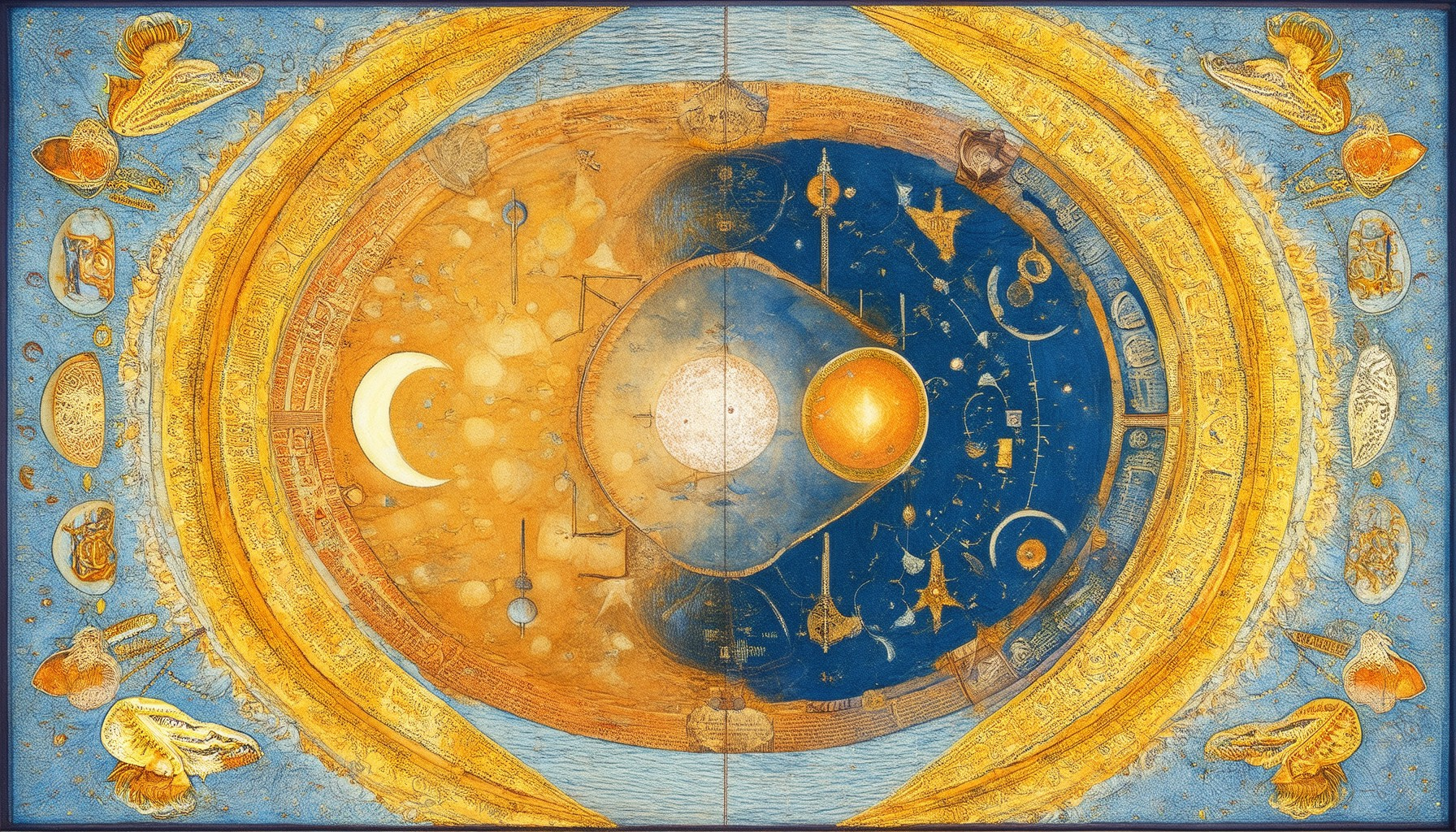
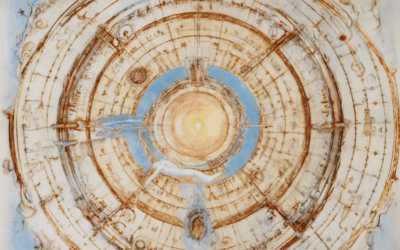
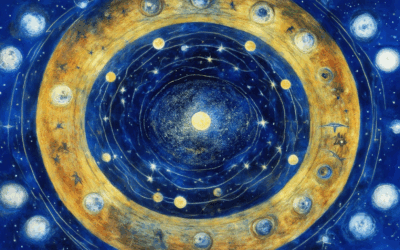
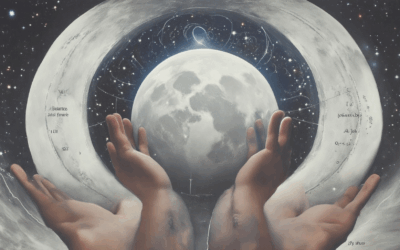
0 Comments